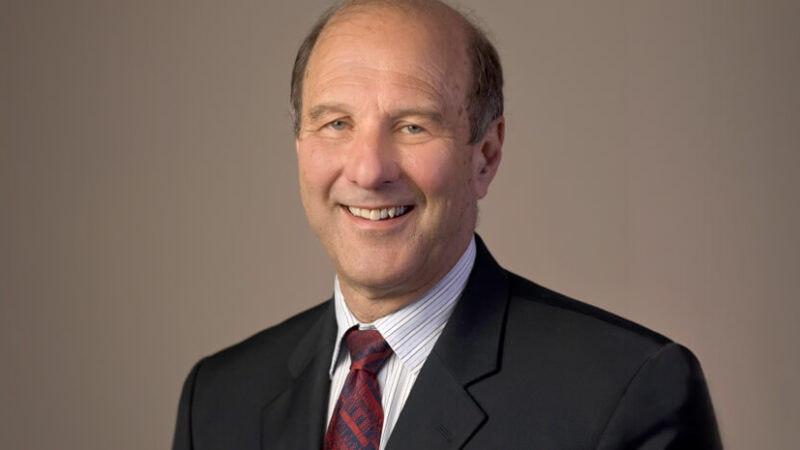David Spiegel: Self-Hypnosis for Well-Being
The practice of hypnosis is considered by many people within and outside of the medical profession to be useless, dangerous, or both. Yet studies are showing how hypnosis offers us a reliable, remarkably powerful therapeutic tool for managing pain and stress, changing unwanted habits, improving sleep, and overcoming a broad range of health challenges.
In this podcast, Tami Simon speaks with author and psychiatrist Dr. David Spiegel to separate the facts from the fiction, exploring: hypnosis as a naturally occurring state of highly focused attention; letting go of our usual preconceptions about ourselves; cognitive flexibility (not “suggestibility”); Dionysians, Apollonians, and Odysseans—three categories of hypnotizability; the Spiegel eye-roll technique; a guided experience of self-hypnosis for stress and anxiety; hypnosis vs. meditation; respecting and protecting your body; focusing on what you’re for instead of what you’re against; and a case example using self-hypnosis to heal trauma and dissociation (please note: this example occurs at 39:10–41:03 and includes a reference to sexual assault).
Note: This episode originally aired on Sounds True One, where these special episodes of Insights at the Edge are available to watch live on video and with exclusive access to Q&As with our guests. Learn more at join.soundstrue.com.

